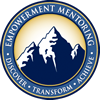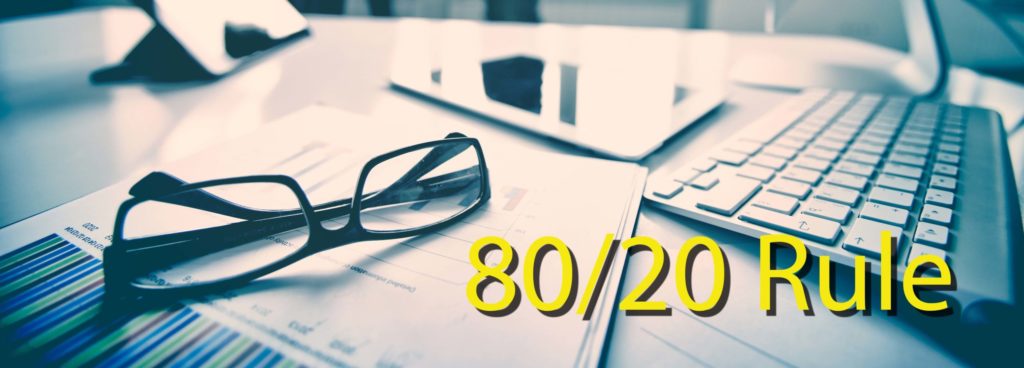The 80/20 rule sounds like a mathematical formula and in some ways it is. Now I wasn’t a great fan of mathematics and I know the same goes for a lot of us. So I can imagine what you are probably thinking but, do not fret, this isn’t a lesson on statistics. This rule came from Vilfredo Pareto, an Italian economist, who postulated that 80% of the Italian income was earned by 20% of the Italian population.
Instead of focusing on income, let’s focus on some other element such as our actions, efforts, and results, or our overall well-being or happiness factor. Applying Pareto’s 80/20 rule, this would seem to suggest that a staggering 80% of our results come from only 20% of our actions. Now, that…is an astounding revelation. To put this another way, relating it to happiness this time, it would mean that 20% of our activities equate to 80% of our happiness. So what are we doing the other 80% of the time? I mean what constitutes the other 80% of our activities?
To prove this theory, look at the distribution of wealth, with the shrinking of the middle class lately, it becomes even more apparent that a small portion of the population controls the majority of the economy. Take business, for example, the top earners are a small percentage of companies that earn the largest portion of income. If you look at your own habits, you probably spend most of your time with a few people each day and most likely spend most of your income on few things like your mortgage, car payment, and food.
So how can we leverage the 80/20 rule to maximize our efforts for greater results? Let’s look at a John Maxwell, Tony Robbins or Brendon Burchard. These are people who have gotten extremely good at only a few things that they have identified as their space. They, therefore, do not waste their time with things they cannot do or have absolutely no interest in. By focusing on what you are good at – those few things; and not wasting your time on things you are not good at, you maximize your efficient self and therefore are able to improve upon and increase your skillset on what you are good at and what you love to do.
Malcolm Gladwell speaks of how to become an expert; the common thread is spending 10,000 hours perfecting one’s craft. If you spread yourself across the board, becoming a Jack of all trades, master of none, then your efficiency rate decreases and no longer will the 80/20 rule work in your favor.
Take a moment and consider what you love and what you are really good at and then list out those things that are seemingly time wasters in your life. Those things that tend to decrease your efficient self. If you are single, you may want to share those tasks on your list with your roommate. As a couple, you may want to do this with your spouse or significant other or even delegate some to your kids if you have children. A team lead would typically do this with co-workers and team members. If you are able to hire or engage someone to do those tasks that fall on that list, if you are able, to trade your time and skill set for theirs. You will find that focusing on the 20% tasks, will make the 80% yield worthwhile.
If you enjoyed this post, please share and follow us on Twitter or become a fan on Facebook
<a href=’http://www.freepik.com/free-photo/close-up-of-keyboard-and-glasses-with-executives-background_866679.htm’>Designed by Freepik</a>



Comments are closed.